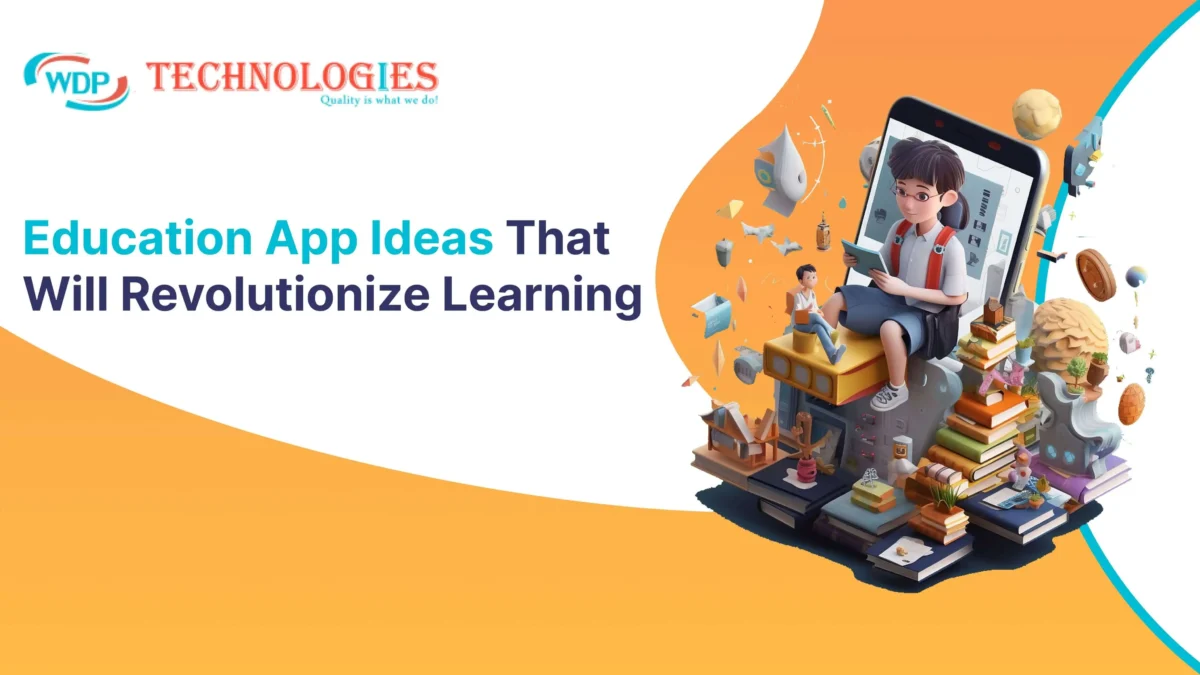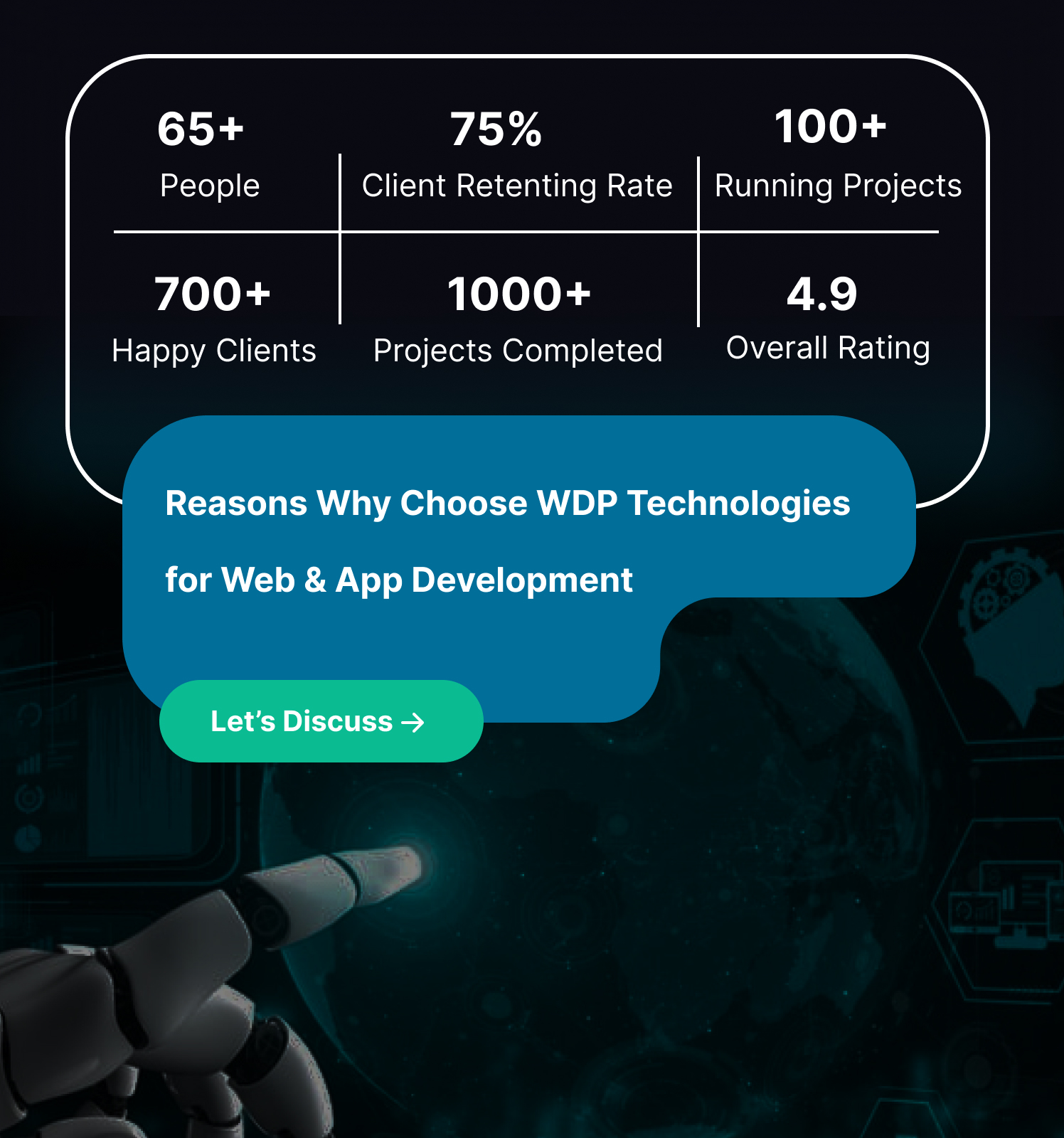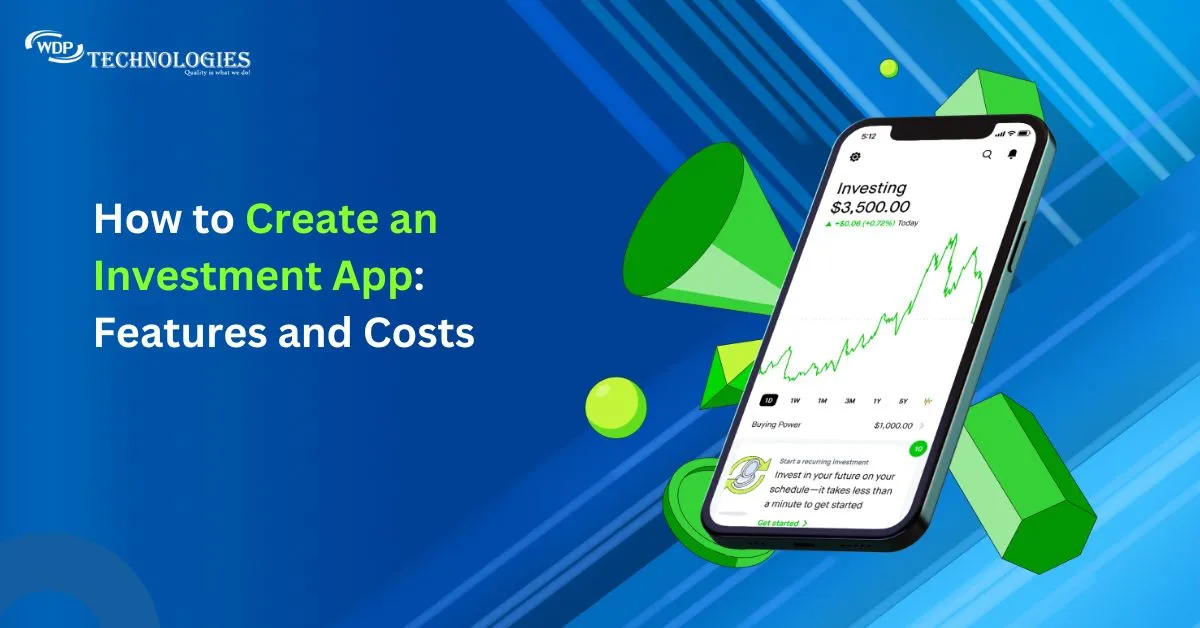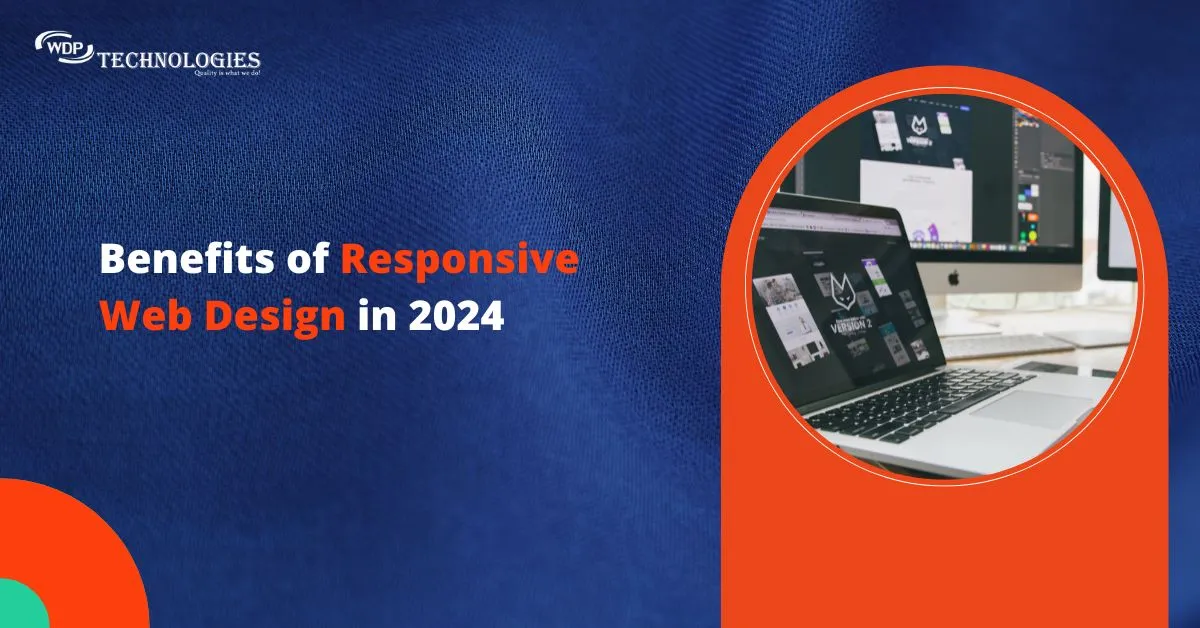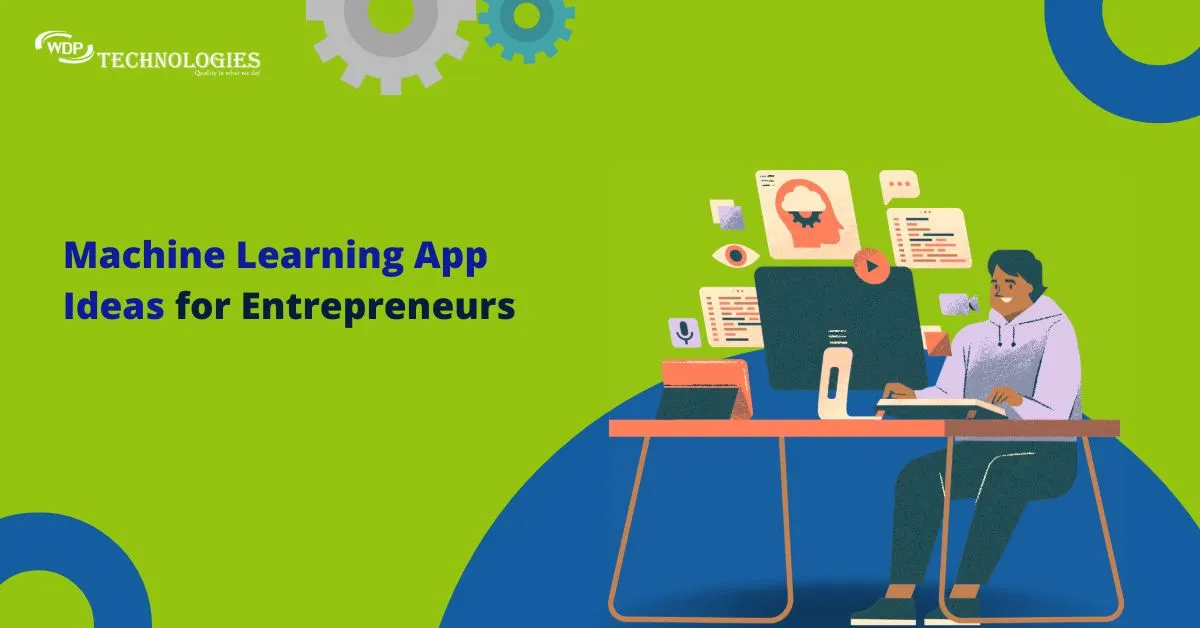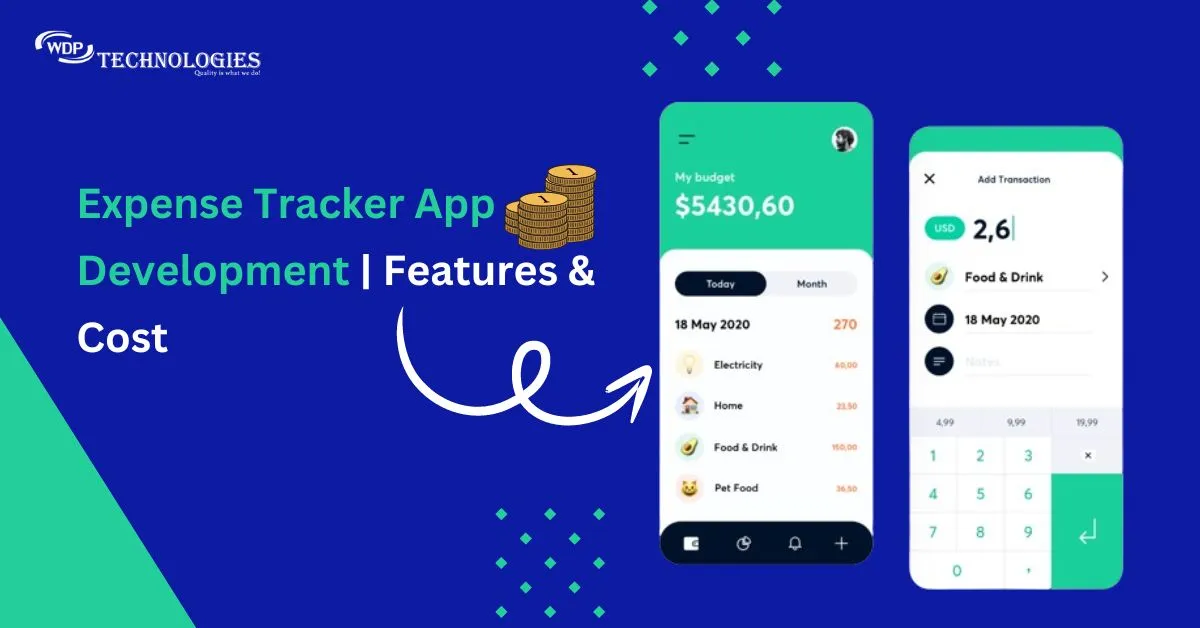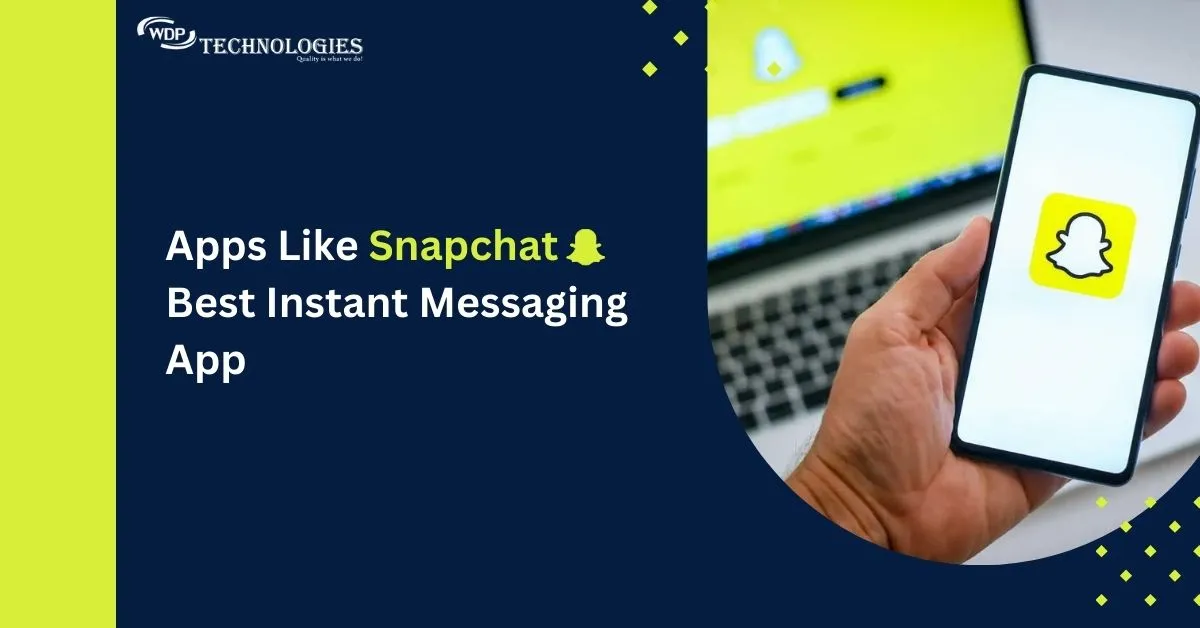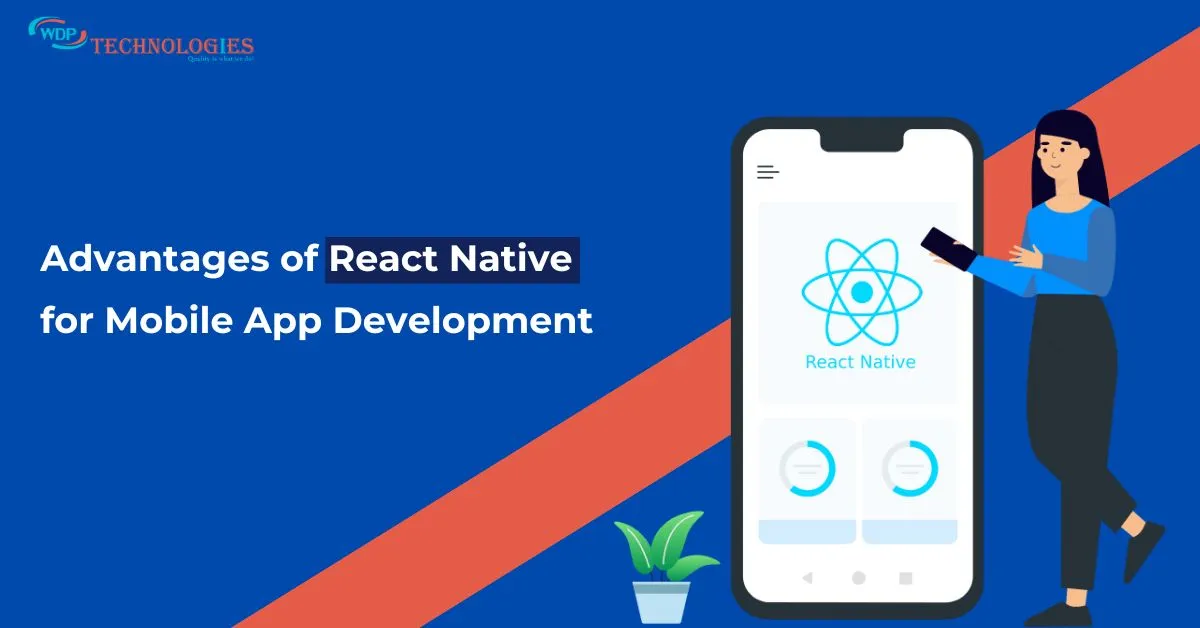Remember the days of lugging around heavy textbooks and cramming for exams? In today’s digital age, learning is undergoing a dramatic transformation. EdTech, or educational technology, is taking center stage, offering students a world of interactive and engaging experiences right at their fingertips.
But with so many education apps already out there, what’s next? This blog dives deep into the hottest education app ideas that are poised to revolutionize learning in 2024. Get ready to explore personalized learning, gamified experiences, immersive journeys, and collaborative communities – all designed to ignite a passion for knowledge in every student. So, buckle up, educators, entrepreneurs, and anyone passionate about education, because we’re about to unlock the future of learning with some groundbreaking education app ideas!
The Rise of EdTech Market
The global EdTech market is expected to reach a staggering USD 696 billion by 2028, growing at a Compound Annual Growth Rate (CAGR) of around 15%.
The K-12 sector currently holds the biggest share of the EdTech market, accounting for roughly 40% in 2023. This highlights the growing adoption of digital tools in primary and secondary education.
Interestingly, hardware like tablets, laptops, and interactive displays still make up a significant portion of the market, with an estimated revenue share of around 60% in 2023. This reflects the increasing need for technology to facilitate new teaching methods.
25 Best Education App Ideas
The rise of EdTech (educational technology) is transforming the way we learn. Here are 25 education app ideas that will revolutionize learning in 2024:
1. AI-powered Tutors:
Imagine a virtual tutor that can adapt to your individual learning style and pace. AI-powered tutors can provide personalized feedback, suggest learning materials, and answer your questions in real-time.
2. Adaptive Learning Platforms:
These apps use algorithms to assess a student’s strengths and weaknesses, then tailor the learning content accordingly. This ensures that students are challenged but not overwhelmed, leading to deeper understanding and mastery of concepts.
3. Educational Games:
Learning doesn’t have to be boring! Educational games can make learning fun and interactive across all subjects. These games can incorporate elements of competition, rewards, and storytelling to keep students engaged and motivated.
4. Quiz Apps:
Challenge students with engaging quizzes that cover a variety of topics. Leaderboards can add a competitive element and encourage students to strive for excellence.
5. AR/VR Learning Experiences:
Augmented reality (AR) and virtual reality (VR) can bring complex concepts to life. Imagine exploring the solar system in VR or dissecting a frog in AR! These immersive experiences can make learning more engaging and memorable.
6. Interactive Storytelling Apps:
Learning through stories can be a powerful way to engage students. Interactive storytelling apps can allow students to make choices that affect the narrative, making them feel more invested in the learning process.
7. Peer-to-Peer Learning Platforms:
Connect students for group projects, discussions, and study sessions. These platforms can help students learn from each other and develop important collaboration skills.
8. Q&A Forums:
Allow students to ask questions and get answers from peers and experts. This can create a supportive learning community where students can learn from each other’s experiences.
9. Apps for Students with Disabilities:
There is a growing need for apps that cater to the specific learning needs of students with disabilities. These apps can use features like text-to-speech, screen readers, and closed captioning to make learning accessible for all.
10. Language Learning Apps:
Make learning new languages fun and accessible for all ages. These apps can use interactive exercises, games, and conversations with native speakers to help students develop fluency.
11. AR Flashcard Apps:
Flashcards are a classic study tool, but AR flashcards can take them to the next level. Imagine a flashcard that comes to life with 3D animations or interactive elements.
12. Mind Mapping Apps:
Mind mapping apps can help students brainstorm ideas, organize their thoughts, and visualize concepts. These apps can be a valuable tool for students of all ages.
13. Coding Apps:
Learning to code is becoming increasingly important in today’s world. There are a number of great coding apps available that can teach students the basics of coding in a fun and engaging way.
14. Financial Literacy Apps:
Financial literacy is an important life skill that many students don’t learn in school. Financial literacy apps can teach students about budgeting, saving, investing, and other important financial concepts.
15. Career Exploration Apps:
Help students explore different career options and find their perfect fit. These apps can provide information on different careers, as well as quizzes and assessments to help students identify their interests and skills.
16. Mental Health & Wellness Apps:
Mental health is just as important as physical health. Mental health and wellness apps can provide students with tools and resources to manage stress, anxiety, and depression.
17. Science Experiment Simulation Apps:
Not all science experiments can be conducted in a classroom setting. Science experiment simulation apps can allow students to virtually conduct experiments and observe the results in a safe and controlled environment.
18. Real-world Project-Based Learning Apps:
Connect students with real-world problems and challenges. These apps can allow students to collaborate with professionals and apply their learning to solve real-world issues.
19. AI-powered Course Creation Tools:
Make it easier for educators to create engaging and effective online courses. These tools can use AI to personalize the learning experience, grade assignments, and provide feedback to students.
20. Augmented Reality (AR) Career Exploration:
Imagine students holding their phone up to a construction site and seeing a virtual overlay showcasing the different trades involved, or pointing their phone at a doctor to see a day in their life. AR career exploration apps can use real-world environments to bring potential careers to life, sparking student interest and providing a more immersive understanding of different professions.
21. Escape Room Learning Adventures:
Turn classrooms into thrilling escape rooms! This app provides teachers with the tools to create themed escape rooms that reinforce learning objectives. Students work together to solve puzzles, crack codes, and complete challenges – all while applying the knowledge they’ve gained in class. Imagine a history escape room where students decipher clues to unlock the secrets of a pharaoh’s tomb, or a science escape room where they conduct virtual experiments to escape a biohazard lab.
22. Interactive Poetry App:
Breathe life into poetry with an app that overlays poems onto real-world locations. Students can point their phone at a park bench and see a love sonnet appear, or hold it up to a bustling city street and witness a poem about urban life unfold before them. This immersive experience allows students to connect with the emotions and imagery evoked by the poetry in a new way, fostering a deeper appreciation for the written word.
23. Music Composition with AR Instruments:
Who needs bulky instruments when you have a smartphone or tablet? This innovative app utilizes AR technology to transform these devices into virtual instruments. Students can strum a virtual guitar, tap on a holographic drum set, or play melodies on a floating keyboard – all within the app. This interactive and accessible approach can spark a love for music creation, allowing students to experiment with different sounds and arrangements without the need for expensive equipment.
24. AR Art Creation App:
Unleash artistic potential with an Augmented Reality (AR) app that allows students to create 3D masterpieces directly in their environment. Imagine a young artist painting vibrant murals on their bedroom walls or sculpting fantastical creatures that float in mid-air – all through the lens of their tablet or phone. This app can gamify the learning process by offering challenges and rewards for mastering different artistic techniques, while also fostering spatial reasoning and creativity.
25. Global Pen Pal App :
Break down geographical barriers and foster intercultural understanding with a global pen pal app. Students connect with peers from around the world, allowing them to practice language skills in a real-time conversation setting. Imagine a student in New York City exchanging messages with a classmate in Tokyo, learning about each other’s cultures and daily lives. This app can integrate translation tools to bridge language gaps, promoting communication and global citizenship.
Benefits of Developing Education App Ideas
The rise of EdTech (educational technology) presents a wealth of opportunities for developers and entrepreneurs. Here’s a breakdown of the key benefits you can reap from developing innovative education app ideas:
1. Making a Positive Impact:
Educational apps have the potential to revolutionize learning, making it more engaging, accessible, and effective for students of all ages and backgrounds. You’ll be contributing to a future where education is personalized, interactive, and empowers students to reach their full potential.
2. Addressing a Growing Market:
The EdTech market is booming, with a projected value reaching a staggering USD 696 billion by 2028. By developing an app that caters to a specific need or learning style, you can tap into a large and growing market of potential users.
3. Fulfilling a Passion for Education:
Do you have a passion for education and a desire to see students excel? Developing an education app allows you to combine your technical expertise with your love for learning, creating a product that makes a real difference.
4. Standing Out from the Crowd:
The EdTech market is becoming increasingly competitive. However, by focusing on a unique and innovative app idea, you can differentiate yourself from the competition and capture the attention of educators, parents, and students alike.
5. Flexibility and Scalability:
Education apps are inherently flexible and scalable. You can start with a core set of features and functionalities, then gradually add new content and features based on user feedback and market demands. This allows you to adapt and grow your app over time.
6. Potential for Revenue Generation:
There are various ways to generate revenue from your education app. You can offer a freemium model with paid subscriptions for premium features, in-app purchases for additional content, or partnerships with schools and educational institutions.
7. Building a Rewarding Career:
Developing education apps can be a personally fulfilling career path. You’ll have the opportunity to work on projects that make a positive impact on society, while also honing your technical skills and building a strong reputation in the EdTech industry.
Choosing the Right Education App Ideas For Startup
The world of EdTech is brimming with exciting possibilities. So, you’ve been brainstorming innovative education app ideas,
but with so many options, how do you pick the right one? Here’s a roadmap to guide you towards the perfect app concept:
1. Consider Your Target Audience:
Age Group: Are you focusing on elementary, middle school, high school, or even adult learners? Understanding your target age group will help determine the complexity of the content, design elements, and overall user experience.
Learning Style: Cater to different learning styles like visual, auditory, or kinesthetic. Utilize multimedia elements, interactive activities, and personalized learning pathways for a more inclusive experience.
Needs and Challenges: Identify specific needs and challenges faced by your target audience. Think about learning gaps, accessibility requirements, or motivational factors that your app can address.
2. Identify a Gap in the Market:
Market Research: Dive deep into existing education apps. What are their strengths and weaknesses? Is there an unmet need or a unique approach you can bring to the table?
Focus on Innovation: Don’t just reinvent the wheel. Think about how you can integrate new technologies or methodologies to create a truly innovative learning experience.
3. Emphasize Engagement & Effectiveness:
Fun and Interactive: Learning shouldn’t feel like a chore! Integrate gamification elements, interactive activities, and storytelling techniques to keep students engaged and motivated.
Measurable Learning Outcomes: Ensure your app contributes to a student’s academic progress. Develop strategies for assessing learning, providing feedback, and tracking progress.
4. Prioritize User-Friendliness & Accessibility:
Intuitive Interface: The app should be easy to navigate for both students and educators. Consider age appropriateness and incorporate clear instructions and tutorials.
Accessibility Features: Ensure your app is accessible for students with disabilities. Incorporate features like text-to-speech, screen readers, and closed captioning.
5. Develop Business Plan & Consider Development Costs:
Sustainability and Growth: Think beyond the initial launch. Create a business plan that outlines how your app will generate revenue and sustain itself in the long run.
Development Costs: Be realistic about the resources and technical expertise needed to develop your app. Consider building a Minimum Viable Product (MVP) to test your concept before full-scale development.
Turn Your Education App Ideas into Reality
In today’s fast-paced digital world, having the right partner to bring your innovative education app ideas to life is crucial. WDP Technologies offers comprehensive solutions to help you design, develop, and launch cutting-edge educational apps that engage and inspire learners. Our team of experts app developer specializes in creating personalized, interactive, and scalable education platforms tailored to your specific needs. From concept to completion, WDP Technologies ensures your app is equipped with the latest features and technologies to revolutionize the learning experience. Partner with us to make your vision a reality and contribute to the future of education.
Final Words
In the dynamic world of education, leveraging technology to create innovative and engaging learning experiences is crucial. These 25 education app ideas offer a glimpse into how we can transform traditional learning and make it more interactive, personalized, and accessible. Whether you’re an educator, a developer, or a student, embracing these ideas can help you stay ahead in the ever-evolving educational landscape.

